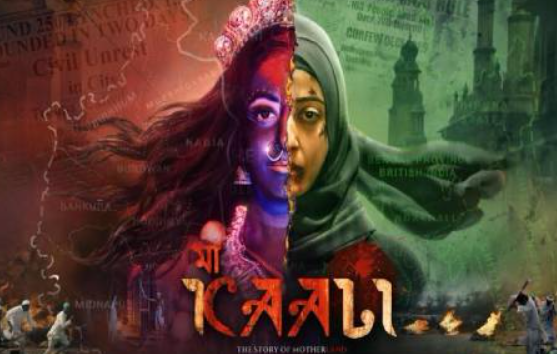
The promotional poster quoted in the passage is for the upcoming hindi film titled 'Maa Kali: The Story of Motherland'. The film revolves around the character aparajita Ghosh, portrayed by bengali actress Raima Sen, who finds herself entangled in the horrific communal violence that erupted in calcutta on 16th august 1946, also known as the 'Great calcutta Killings'.

The riots, instigated by the Muslim League's call for a 'Direct Action Day', resulted in the deaths of thousands of people and further fueled tensions leading up to the partition. Directed by telugu filmmaker Vijay Yelakanti, 'Maa Kali' aims to shed light on the erased history of West bengal, specifically focusing on the events surrounding the august 1946 riots.
However, the film's promotional material has sparked controversy, with some labelling it as right-wing propaganda, particularly in the context of the upcoming 2024 lok sabha elections. Actress Raima Sen, who plays a pivotal role in the film, has faced backlash and even received threatening calls for her involvement in the project. Despite the criticism, Sen emphasizes the importance of portraying the events of august 1946 on the big screen and urges viewers to watch the movie before passing judgment.
Director Vijay Yelakanti emphasizes that while the Ghosh family depicted in the film is fictional, their experiences are representative of the tragedies faced by many real-life families during the riots. He underscores the ongoing impact of the violence that occurred nearly 80 years ago, highlighting the cycle of communal hatred and violence that has persisted in bengal through various historical events.
Through 'Maa Kali', Yelakanti aims to tell the untold stories of those affected by the communal violence of 1946, shedding light on the enduring legacy of these events in the region's history.




 click and follow Indiaherald WhatsApp channel
click and follow Indiaherald WhatsApp channel